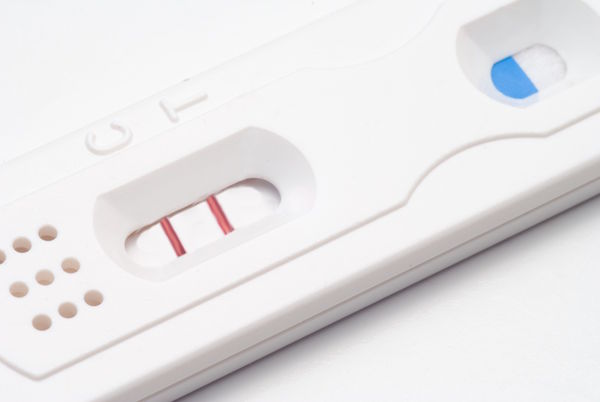
MONDAY, March 25 (HealthDay News) — Girls who are sexually abused or neglected during adolescence are more likely to become teen moms, regardless of their race, family income or if they come from a one- or two-parent home, according to a new study.
Childbirth rates of teenagers who were the victims of abuse or neglect were more than 20 percent, which is five times higher than the national rate of roughly 4 percent, the researchers say.
“Teen victims of sexual abuse may have distinct approaches to sex and sexual activity that can be attributed to traumatic sexualization,” said lead study author Jennie Noll, director of research in behavioral medicine and clinical psychology at Cincinnati Children’s Hospital Medical Center, in a center news release.
“On the other hand, neglect is an act of omission in which parents and caregivers fail to provide the needed care and opportunities for promoting safe and normal development,” Noll explained. “As with the general teen population, primary prevention programs targeting sexual activity will help mitigate the risk of childbirth for maltreated adolescents.”
The researchers followed a group of girls between 14 and 17 years old. Average household income of the teens was $30,000 to $39,000, and 57 percent of the girls were from single-parent households. Of the participants, 48 percent were black and 8 percent were biracial or multiracial.
About half of the teens involved had been abused or neglected within the past year and were found through child protective service agencies. The other participants were of similar ages and backgrounds but had not suffered abuse or neglect.
The researchers tracked the teenagers’ sexual activity, possible pregnancies and whether or not they became mothers until the teens turned 19. They found that 54 of the teens who had been abused or neglected had children — representing a teen childbirth rate of about 20 percent. In contrast, 16 of the teens who had not been abused or neglected became mothers, representing a teen childbirth rate of slightly over 9 percent.
“Although the comparison group had childbirth rates greater than twice the national rate of 4 percent, these girls were selected to be demographically similar to the abused sample, so they were from relatively low-income, inner-city neighborhoods — places where teen childbirth rates are often higher than the national average,” Noll pointed out.
While teen birth rates have declined for the past two decades, the United States still has one of the highest teen birth rates among all industrialized nations, according to the release. This may be partly because risk factors for teen pregnancy are often not included in prevention strategies, particularly those targeting abused or neglected teenage girls, the researchers say.
“Because victims of maltreatment are processed through child protective service agencies, caseworkers have a golden opportunity to educate these teen girls about the risk for, and consequences of, teen childbirth,” Noll concluded.
The study was published online March 25 in Pediatrics.
More information
Visit the U.S. Centers for Disease Control and Prevention to learn more about teen pregnancy.

